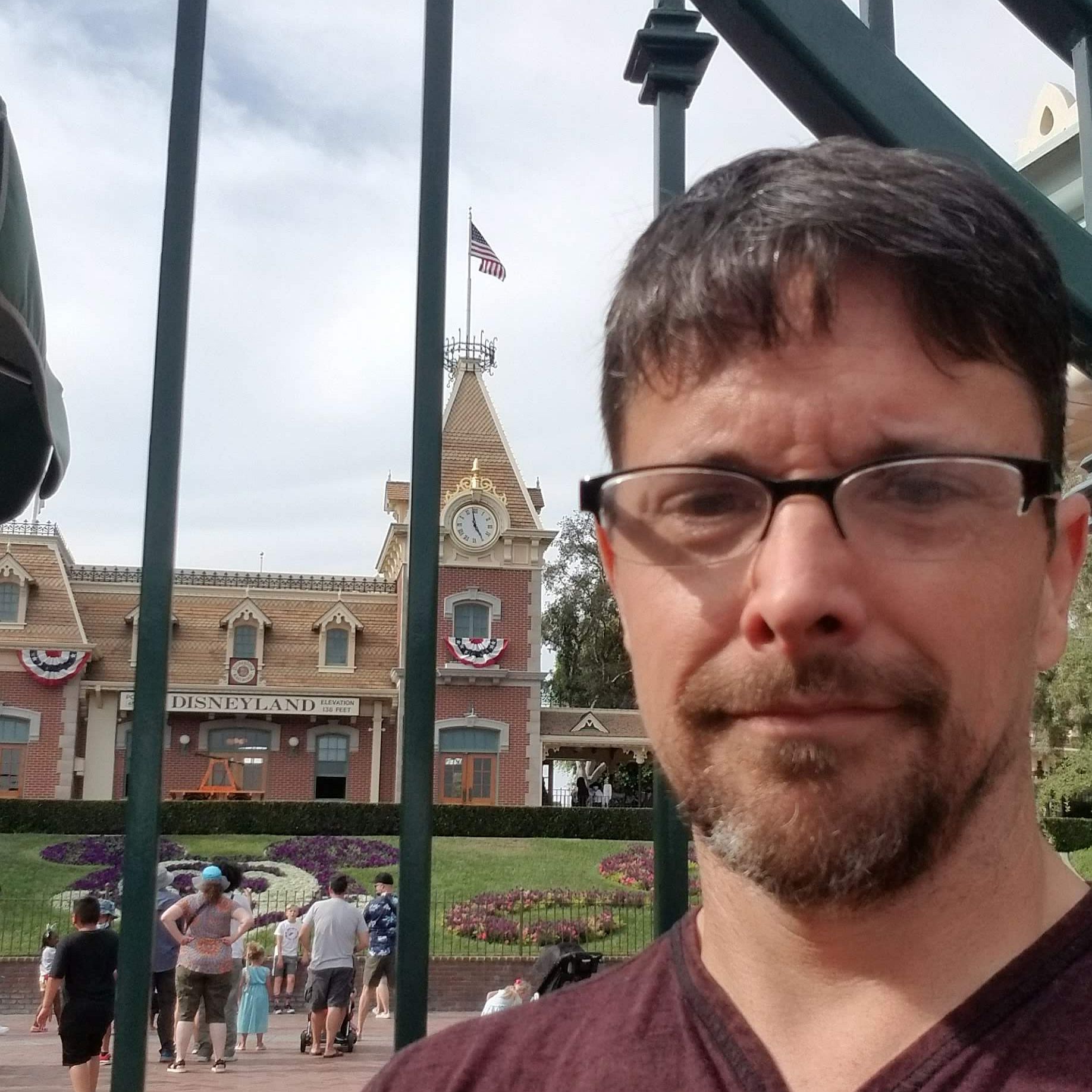Stephen King Explains Why He's Not Worried About Being Replaced By A.I. (Yet), And Naturally Uses A Classic Novel To Make His Point
Stephen King calls out a classic when talking about the potential future of A.I.

The modern technology landscape has been completely obsessed with A.I. of late, and there are a lot of questions surrounding just what it might one day be able to do. While there are certainly some tasks for which it may be useful, one place where it is being repeatedly rolled out is creative fields like A.I. art, which has been used to create lots of concepts from simple prompts, and writing. However, one author who isn’t worried about AI taking his job is Stephen King.
Speaking with The Times, King, who will see the latest adaptation of his work, The Long Walk, open this week, says that he’s not giving a great deal of thought to A.I., though he admits that younger writers, like his own sons, are absolutely worried about what the future holds for writers. While the future is certainly a question, King does think that, at least for a while, people will be significantly better at creative endeavors than a computer. He said:
I don’t really care about AI. My sons [Owen King and Joe Hill] are both writers … and they’re all hot to trot about AI and how awful it is for writers. I just think that it’s a foregone conclusion that people are going to write better prose than some kind of automated intelligence.
While A.I. is capable of taking in large amounts of data, something which has seen the likes of Disney and Universal sue over copyright claims, and then spitting out something that fulfills the basic parameters of “art” or “creative writing,” it’s difficult to argue that what we’re getting out of the machine is all that great from a quality perspective. It ends up looking or sounding as soulless as it, technically, is.
There are a lot of questions regarding how A.I. will impact the film industry. Some actors, like Ashton Kutcher, embrace A.I. Others, like Ben Affleck, have insisted film is a medium that will be protected from A.I. for a long time.
That said, Stephen King does admit that there may come a time when AI is capable of writing a novel. Although he worries about other potential problems in that case. Referencing the H.G. Wells ' classic The Time Machine, King envisions a world in which people, no longer needing to work thanks to A.I., lose the ability to even do it. He explained:
I didn’t say that. I think that once there is a kind of self-replicating intelligence, once it learns how to teach itself, in other words, it isn’t going to be a question of human input any more. It’s going to be able to do that itself. And then … have you ever read The Time Machine by HG Wells? We’ll become the Eloi and AI will be the Morlocks and they’ll basically run everything. Once you teach AI to write a novel, a good novel, it’s going to be a different ballgame. I like to think that I can stay ahead of AI in the time that I have left.
Stephen King is probably right that he shouldn’t need to worry too much about A.I., but the jury is still out for the rest of us. Perhaps someone with a time machine in the future can come back and give us a clue.
Your Daily Blend of Entertainment News

CinemaBlend’s resident theme park junkie and amateur Disney historian, Dirk began writing for CinemaBlend as a freelancer in 2015 before joining the site full-time in 2018. He has previously held positions as a Staff Writer and Games Editor, but has more recently transformed his true passion into his job as the head of the site's Theme Park section. He has previously done freelance work for various gaming and technology sites. Prior to starting his second career as a writer he worked for 12 years in sales for various companies within the consumer electronics industry. He has a degree in political science from the University of California, Davis. Is an armchair Imagineer, Epcot Stan, Future Club 33 Member.
You must confirm your public display name before commenting
Please logout and then login again, you will then be prompted to enter your display name.
